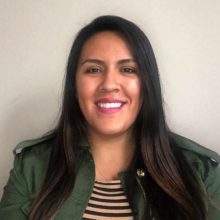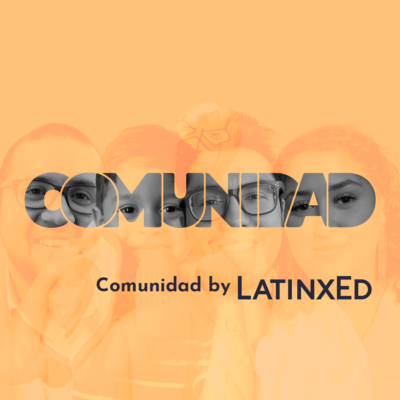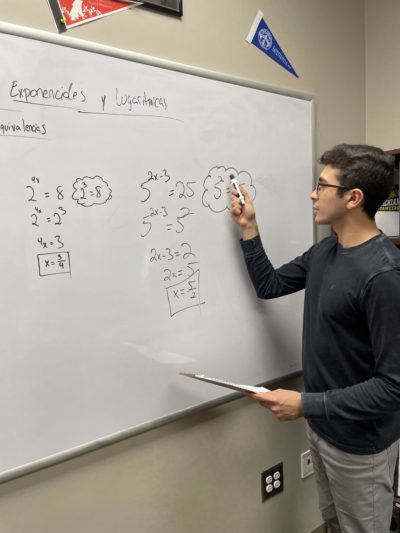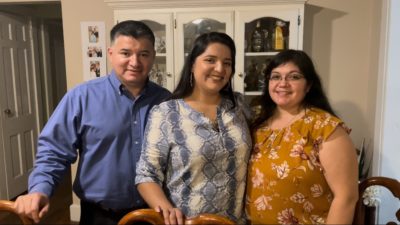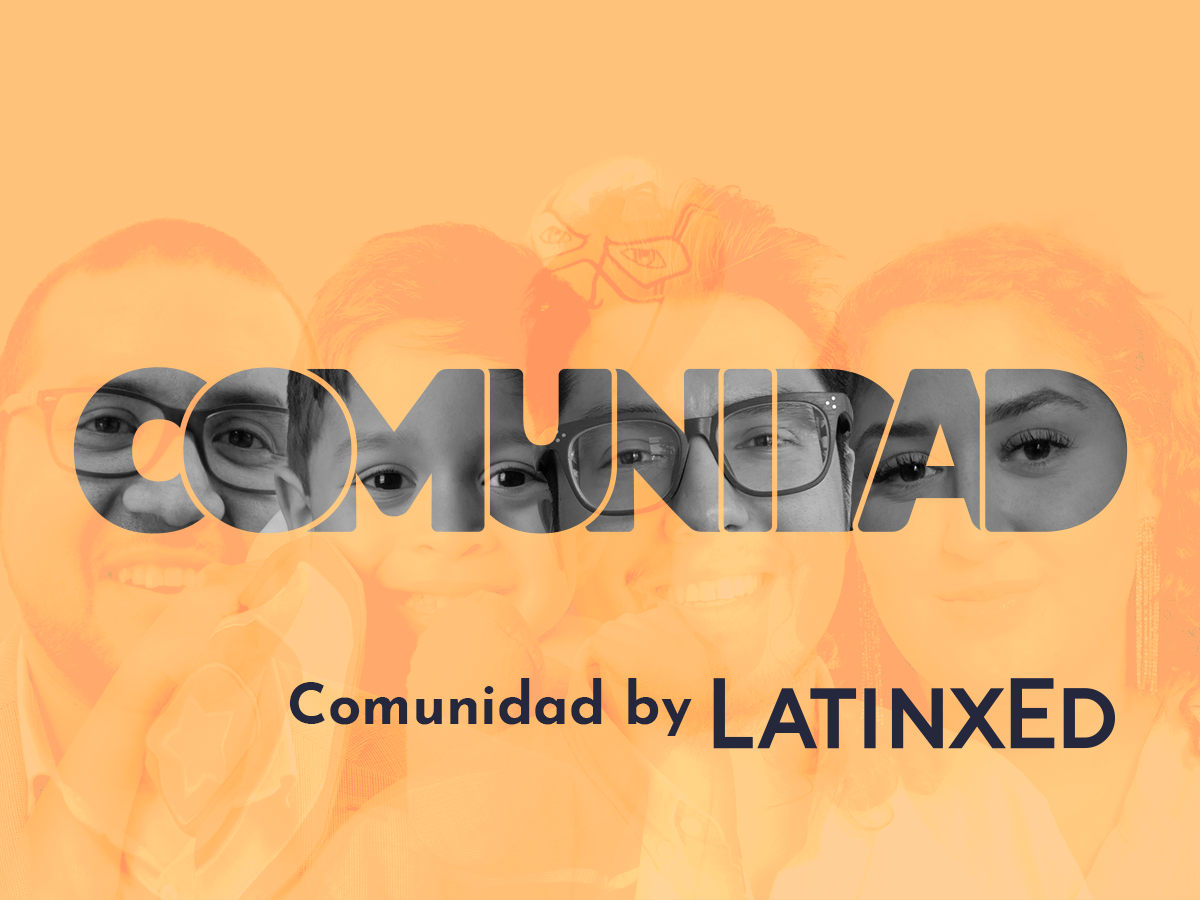
I entered the United States at the age of 4. From such a young age, I learned how difficult it is to navigate and adjust to the American systems. My family and I often felt lost, invisible, uncomfortable, powerless, lonely, and less than our peers.
As a first-generation immigrant student, navigating the college-going process was daunting. There were so many uncertainties. I was scared. My counselors never spoke to me about college options or my career aspirations. I was never invited to attend college tours or college fairs. And when my school held family nights, they were never in Spanish. I am embarrassed to share that I felt resentment, anger, and frustration many times towards my parents because of their lack of knowledge and education. Many years later, I realized that my exasperation was due to our school systems failing to provide my family and I with the proper tools and resources. Through trusted influencers and mentors in my local community — who walked me through every step — I was able to successfully apply to college and financial aid, becoming the first in my family to enroll in a postsecondary institution.
As I reflect on my journey, I am grateful to my mother and father — with a second-grade education and a sixth-grade education, respectively — for ingraining in me core family values, ensuring I never give up, and teaching me to be comfortable with the uncomfortable.
Today, I continue to see my story reflected in many of the young Latinx students and families I serve. And I realize the urgent need for trusted influencers and mentors in North Carolina.
Hear more about my story in the video below, produced by Carol Bono, communications manager and lead storyteller at LatinxEd.
Persistent barriers to enrollment and attainment among Latinx students
Limited representation in educational spaces, misinformation, limited resources, cultural clashes and disparities, affordability, language access, educational inequities, and barriers with processes and policies remain at the forefront of challenges Latinx students and their families face in education today. These barriers can discourage students from pursuing their postsecondary aspirations.
Historically, Latinx students have had the lowest percentage of on-time enrollment in postsecondary education compared to their peers. In 2019, North Carolina’s postsecondary enrollment rate was 41% for 18 to 24-year-olds, with Latinx students having one of the lowest enrollment rates at 33%. While we are seeing promising changes in recent years, the state continues to lag in Latinx student college enrollment and attainment.
The most critical barrier to postsecondary educational access for Latinx students continues to be affordability. While many North Carolinians can benefit from in-state tuition, others remain ineligible and cannot benefit from federal and state funding. Tuition fees for an out-of-state student are 40% higher than those of a North Carolina resident. Thus, for many Latinx students — particularly DACA, undocumented, and other non-U.S. citizens — college becomes inaccessible. Latinx students from mixed-status families are often eligible for federal and state funding. However, the fear and anxiety they experience due to the unknown keep them from completing FAFSA, RDS, and other financial aid forms. Students who successfully navigate these processes usually get support from an educator, college access professional, or community leader.
Our opportunity
As concerned citizens and partners in creating a more prosperous North Carolina, we have an opportunity to increase postsecondary enrollment and attainment among Latinx students.
Often, misinformed students experience confusion, distrust, fear, anxiety, and disappointment. A family once shared with me that after a meeting at their local community college, they were instructed to visit the Social Security Administration office to request an SSN after disclosing they were undocumented. In addition, U.S. citizen students from mixed-status families are told by their school counselors that they do not qualify for federal or state aid because of their parent’s immigration status. Undocumented students are told that they cannot enroll in postsecondary institutions.
We need to debunk these myths as they cause hardship to our students. Our duty as educators and practitioners is to stay educated and informed of the latest policies and opportunities to assist Latinx students and their families effectively as they navigate the college-going process, regardless of their backgrounds.
When working with students directly
Here are some promising practices and unique opportunities to consider when assisting students:
- Understand admissions, residency, and financial aid policies.
- Connect students to financial aid opportunities, including scholarships and fellowships.
- Maximize high school experiences to minimize college costs by letting students know about opportunities to earn college credits via a dual enrollment program, advanced placement (AP), or International Baccalaureate (IB) courses. Promote the College Level Examination Program (CLEP).
- Lift up the NC Community College Tuition Classification Exemptions, which have provided an accessible and affordable pathway for DACA and other non-U.S. citizen students, allowing them to pay the in-state rate.
- Let them know about the NC Promise Program Tuition Plan, which aims to increase access to higher education by making college more affordable for North Carolinians.
- See if they are eligible for the Longleaf Commitment program, which covers tuition and fees at community colleges.
- Identify local employers to provide sponsorship and apprenticeship opportunities.
- Push for community colleges to create local promise programs that offer tuition assistance to all students regardless of citizenship status.
- Collaborate with local and state Latinx serving organizations.
- Include the family in the college-going process.
- Most importantly: be intentional and build trust.
For more information on the resources mentioned above, visit the College Foundation of North Carolina and connect with a regional representative.
